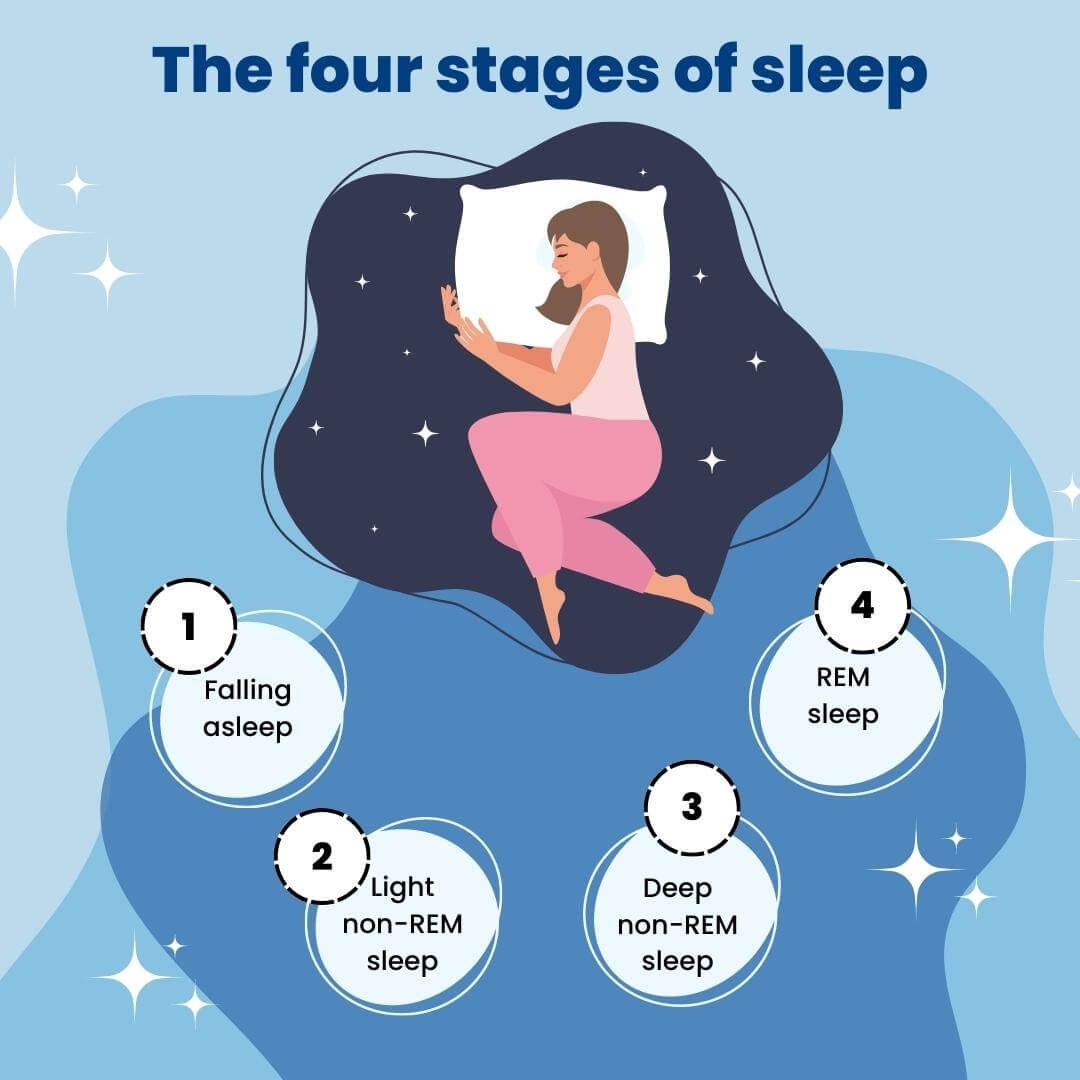Understanding The Concept Of "Sleep In": Benefits, Tips, And More
Sleep in is a term that resonates with many people, especially those who lead busy lives and often find themselves sleep-deprived. In our fast-paced world, taking the time to sleep in can be a luxury that offers profound benefits for both physical and mental health. This article will delve into the concept of sleeping in, its advantages, practical tips for incorporating it into your routine, and address common misconceptions. By the end of this journey, you will have a comprehensive understanding of why and how sleeping in can transform your life.
In an age where productivity is often prioritized over well-being, the importance of adequate sleep is frequently overlooked. Sleep in days allow individuals to recharge and recover, leading to improved mood, better cognitive function, and overall enhanced quality of life. However, many people are unsure about how to effectively implement sleep-in days into their schedules or may feel guilty for doing so. This article aims to provide clarity and actionable insights into this beneficial practice.
Whether you're a student, a working professional, or someone who simply enjoys the occasional lazy morning, embracing the concept of sleeping in can be a game-changer. By exploring its benefits, tips for maximizing your sleep-in days, and addressing the myths surrounding this practice, we hope to encourage you to prioritize your sleep health and well-being.
Table of Contents
- Benefits of Sleeping In
- How to Sleep In: Tips and Tricks
- Myths About Sleeping In
- The Science of Sleep
- Sleep In and Mental Health
- Sleep In for Increased Productivity
- Planning a Sleep In
- Conclusion
Benefits of Sleeping In
Sleeping in is not just about enjoying an extra hour or two of sleep; it comes with a multitude of benefits that can significantly impact your overall health and well-being.
- Improved Mood: Studies have shown that adequate sleep can enhance mood and emotional stability.
- Enhanced Cognitive Function: More sleep can lead to better concentration, memory recall, and decision-making abilities.
- Physical Health: Quality sleep is closely linked to improved immune function and a lower risk of chronic illnesses.
- Stress Reduction: Extra sleep can help lower cortisol levels, the hormone associated with stress.
How to Sleep In: Tips and Tricks
If you're looking to incorporate sleep-in days into your routine, here are some practical tips to help you maximize your rest:
1. Set a Sleep Schedule
Try to maintain a consistent sleep schedule during the week. This helps regulate your body's internal clock, making it easier to enjoy sleep-ins on weekends.
2. Create a Relaxing Bedtime Routine
Establish a calming pre-sleep routine, such as reading or meditating, to prepare your body for a restful night's sleep.
3. Limit Screen Time
Avoid screens at least an hour before bed to reduce blue light exposure, which can interfere with melatonin production.
4. Create a Comfortable Sleep Environment
Ensure your bedroom is conducive to sleep by keeping it dark, cool, and quiet.
Myths About Sleeping In
Despite the clear benefits of sleeping in, various myths and misconceptions persist. Let's debunk some of them:
- Myth 1: Sleeping in is a sign of laziness.
- Myth 2: You can "catch up" on sleep during the weekends.
- Myth 3: Sleeping in leads to poor productivity.
The Science of Sleep
Understanding the science behind sleep can help you appreciate the importance of sleep in your life.
- Sleep Cycles: Sleep consists of multiple cycles, including REM and non-REM sleep, each playing a crucial role in health.
- Hormones: Sleep regulates hormones such as cortisol and melatonin, which impact mood and overall health.
- Brain Function: Sleep is essential for memory consolidation and cognitive function.
Sleep In and Mental Health
There is a strong connection between sleep and mental health. Here are some insights:
- Anxiety Reduction: Adequate sleep can help decrease anxiety levels.
- Depression Management: Quality sleep is vital for those battling depression, as it can improve mood and emotional resilience.
Sleep In for Increased Productivity
Many successful individuals prioritize sleep as a means to boost productivity. Here's how:
- Better Focus: More sleep leads to improved attention span and focus during work hours.
- Enhanced Creativity: Sleeping in can stimulate creative thinking and problem-solving abilities.
Planning a Sleep In
To effectively plan a sleep-in day, consider these tips:
- Choose the Right Day: Pick a day where you can afford to sleep in without obligations.
- Communicate: Let family or friends know about your sleep-in plans to avoid disturbances.
Conclusion
In conclusion, sleep in is a practice that holds significant benefits for your health and well-being. By prioritizing sleep, you can enhance your mood, cognitive function, and overall quality of life. We encourage you to embrace sleep-in days and share your experiences in the comments below. Remember, taking care of your sleep is taking care of your life!
Thank you for reading! We hope you found this article informative and inspiring. Be sure to explore more articles on our site to continue your journey towards better health and well-being.
How Old Is Weird Al? A Deep Dive Into The Life And Career Of "Weird Al" Yankovic
Jonathan Taylor Thomas: Exploring The Life And Love Of The Former Child Star
Unraveling The Mystery Of Genevieve Shawcross's Parents: A Deep Dive


